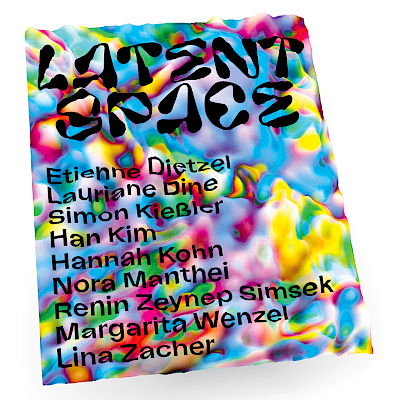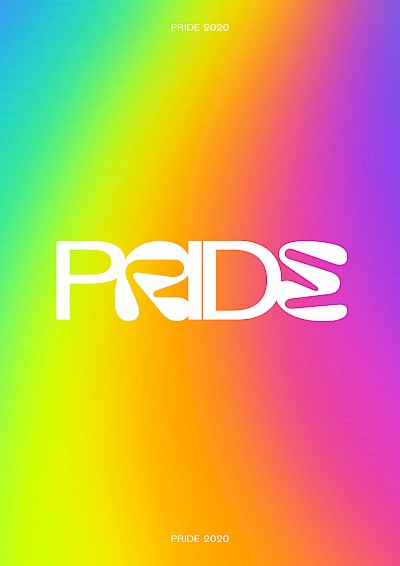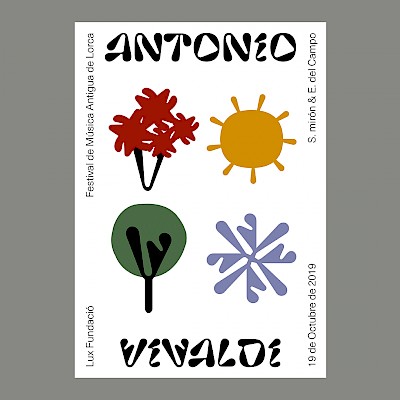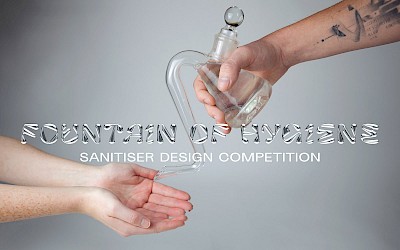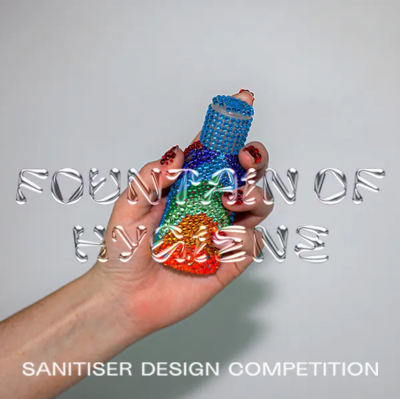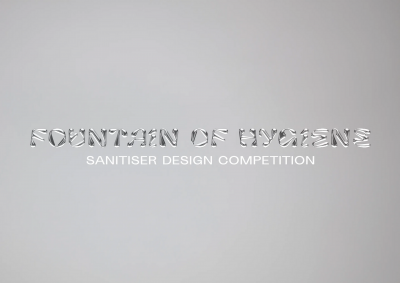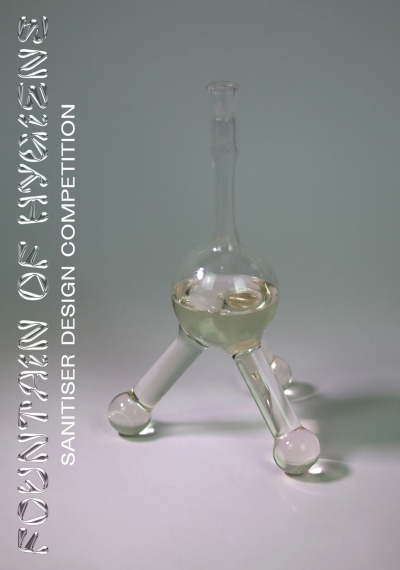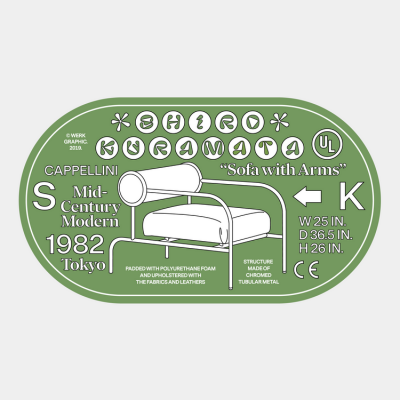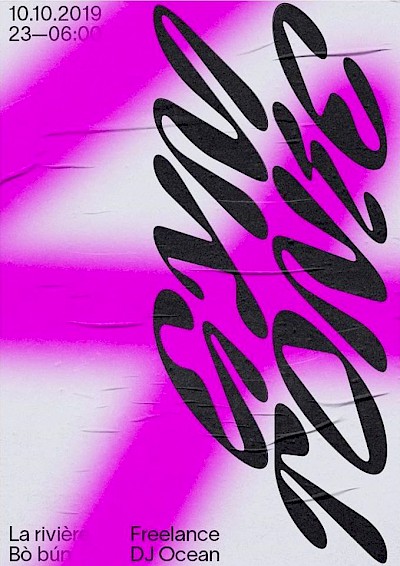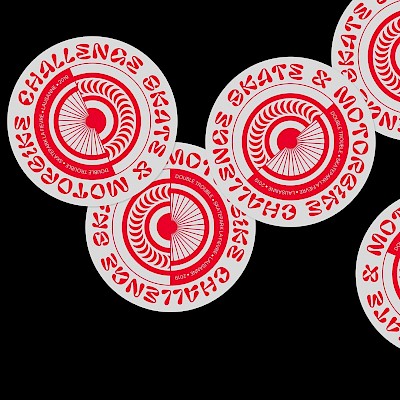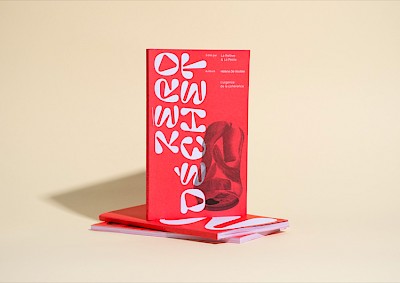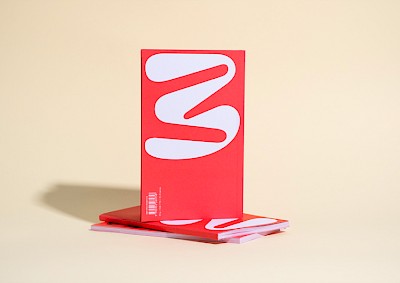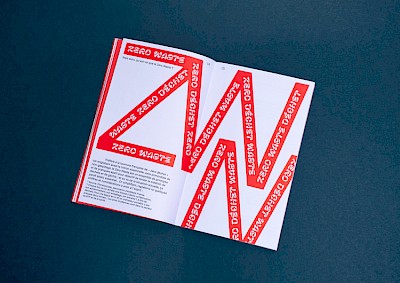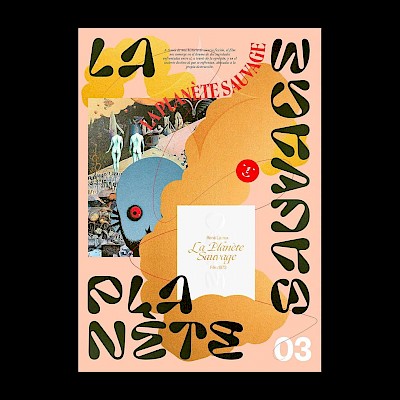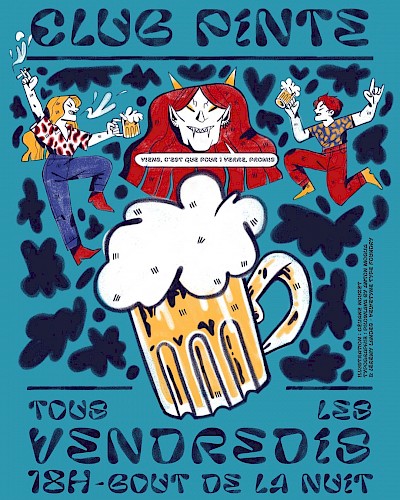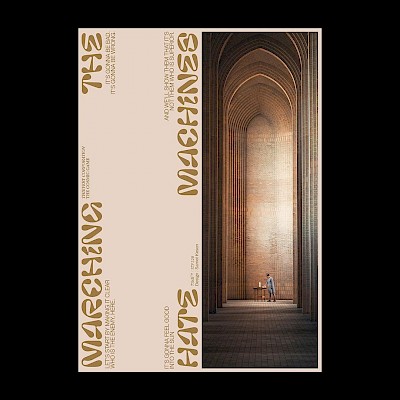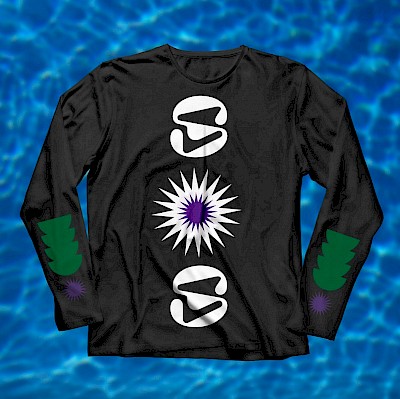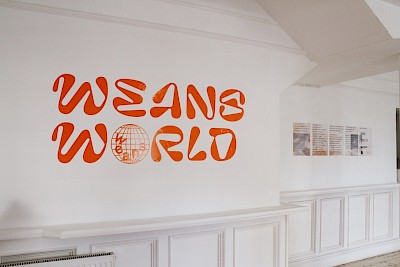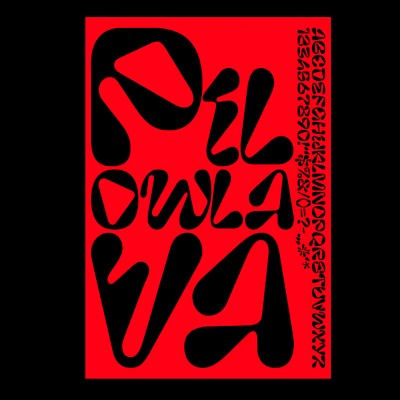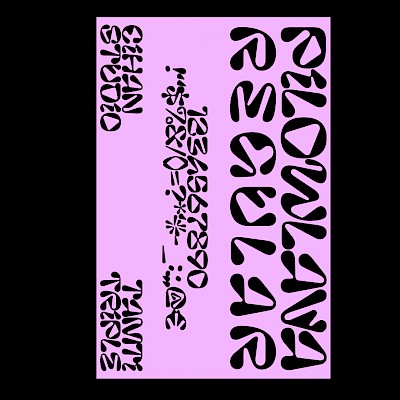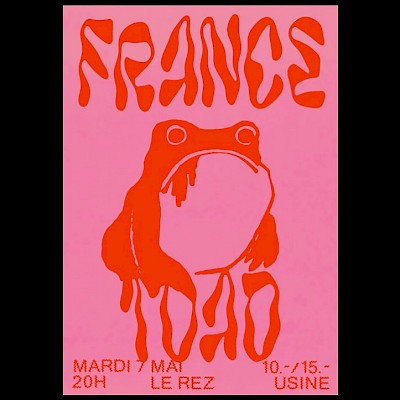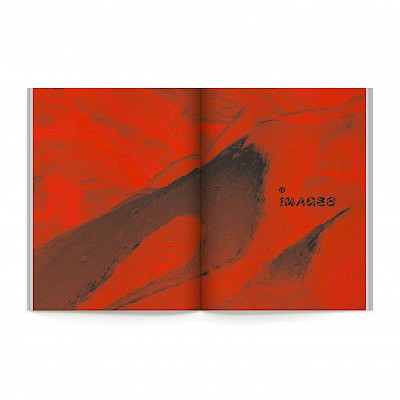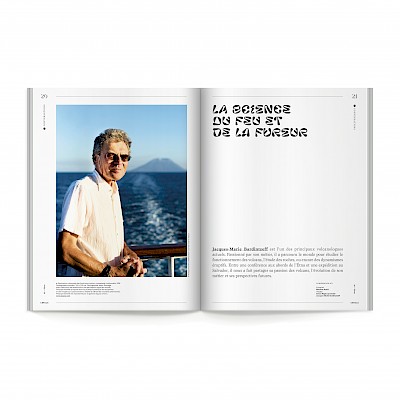We design libre / open source fonts. Learn more and contribute to the adventure of Velvetyne by reading our “about” page.
Pilowlava
Quantum leaps only
Quantum leaps only
Designed by
Styles
- pilowlava atome
- pilowlava regular
Collections
Date
Initialy published on April 26, 2019 and updated on May 28, 2024
Pilowlava (sic) was born as an intuitive, fast-paced creative feedback loop in which its creators tried to surprise one another. The result is a typeface that recalls cooled lava flows drawn with a compass. Striving to please both of its parents, Pilowlava seeks a balance between viscous energy and controlled geometry. This geometric approach lies on the shoulders of researches conducted by Swiss designer Armin Hofmann in his Graphic Design Manual edited in 1965. The structures of its glyphs are mostly derived from hand-written dynamics, that feed from both calligraphic and graffiti references. All these sweet inconsistencies produce a vacillating, fluctuating typographic colour, embodied by the almost-mathematical tension of its curves. Under a hardened crust, Pilowlava awaits the smallest temperature rise to recover its viscosity. The alternate shapes of certain letters play out these thermic accidents and raise the temperature of the text.
It takes its name from lava pillows, a natural phenomenon that is produced when lava is expelled by an underwater volcano, or when the lava flows of an emerged volcano encounter a body of water. In contact with the water, the lava flow is so hot that it's coated in a glass film. As it isn't totally cooled down, it transforms into smooth pillows that continue to slowly grow. This way, lava creates tubes and viscous balls that pile up and shape one another, and then they aggregate in puffy clusters that can measure several meters.
Pilowlava is available at Velvetyne from today on. It's cost-free and it can be freely used, modified and distributed for all of your burning needs.
On December 2020, we released a fork of Pilowlava by Vincent Wagner where most glyphs have been modelled in 3D to be used in 3D environments. Get more details and download these mesh files here.
Maksym Kobuzan drew the beautiful and sensible Cyrillic version which was added in March 2022.
In 2024, Anton Moglia introduced "Pilowlava Atome", a custom version with interior perforations in the letters to imitate climbing holds, developed for the climbing gym Atome in Annecy. The idea for this version came from a poster designed by graphic designer Gabriel Robert.
Pilowlava got featured in Typographica's favourite typefaces of 2019. Read the article.
